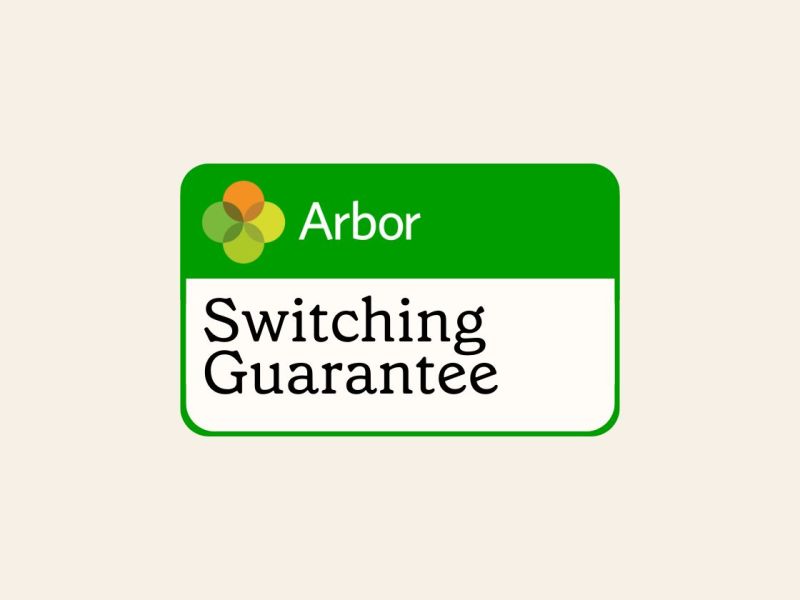Having a successful Pupil Premium strategy is key in any school, especially in a post-Covid world. With remote learning having a big impact on pupils across the country, schools are now not only trying to close the attainment gap academically, but on a wellbeing level too.
There are many creative and successful Pupil Premium strategies out there, which help to hone in on each Pupil Premium Eligible student in a school and help to narrow the gap with their peers. In today’s blog, we wanted to show you a few ways Arbor can help with some of the heavy lifting when it comes to making sure these strategies are effective.
Easily identify Pupil Premium eligible students
Arbor automatically calculates PP Eligibility for current pupils and applicants, based on Free School Meals, In Care and Service Child Status, meaning staff don’t have to enter this data manually. You can also import Pupil Premium Recipient data from the DfE; Pupil Premium Recipients are marked with a clear tag in the MIS, so that staff can spot and organise their information with ease.
In addition, wherever you search for students, staff can immediately see and organise by each student’s demographic, including Pupil Premium and not Pupil Premium. This includes being built into our homepage analysis, so it’s easily accessible for all the right people in your school, meaning you don’t have to rely on others to make the reports for you. We wanted to make sure that Pupil Premium students were really easy to identify, so that nothing slips between the cracks.
Custom reports and custom group alerts
With shared data, workflows, comms and information, it’s easy for your staff to work together and spot patterns, solve issues and plan ahead. Our custom reports are designed to help you spot these patterns, such as between Free School Meal eligible students and low attendance.
Once these are set up, with any configuration of data that your school wants to track, Arbor helps you take immediate action by automatically adding students that join the group into an intervention of your choice. This means that your school can take a proactive approach and make sure that no child is left behind.
Our custom group alerts also help to join up people and processes. When setting up a custom group, staff can create membership criteria, such as ‘students who are Pupil Premium, with low attainment and attendance.’ Arbor users can then set up alerts for any staff member, including by relationship to a student (e.g. their Form Tutor), when said student joins or leaves a custom group, based on the criteria. These can be communicated by email or as an alert on the homepage.
Our work with SBS Budgets
When it comes to Pupil Premium funding, we make this process easier by integrating with SBS Budgets. Using SBS, you can upload and tag the official PP recipients each financial year, taken from the Official DfE files received from Key to Success.
As Pupil Premium status is allocated from the DfE after each Census, the Key 2 Success Report is correct. If any changes are made, you can reimport the report from them or await the new data from the DfE after your next Census. This will allow you to see the “Pupil Premium Recipient” badge against a pupil on their student profile.
If you’d like to find out other ways Arbor could transform your school, book a call with one of our friendly team.
Already an Arbor customer? You can find lots more information about the contents of this article on our help centre.







Leave a Reply